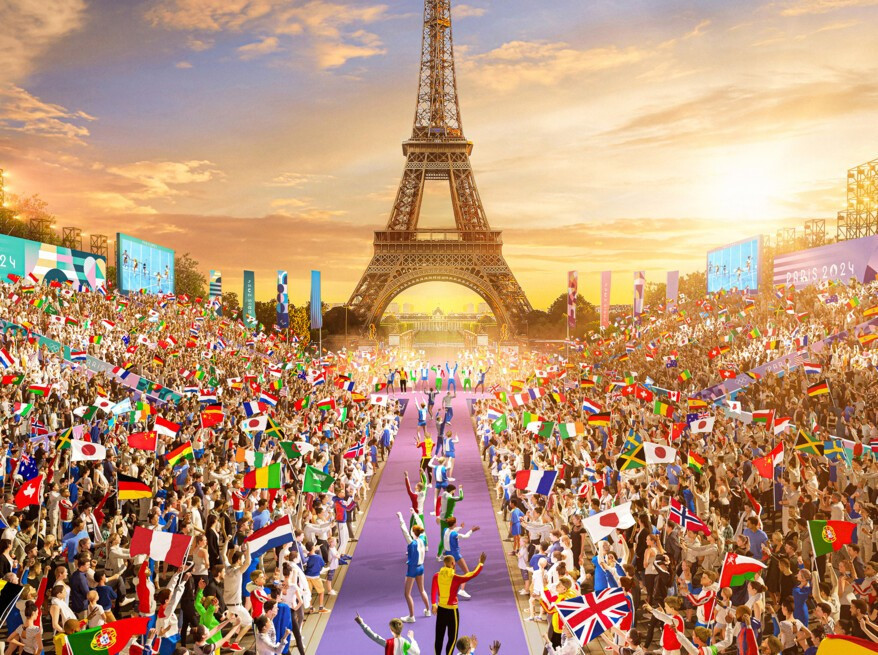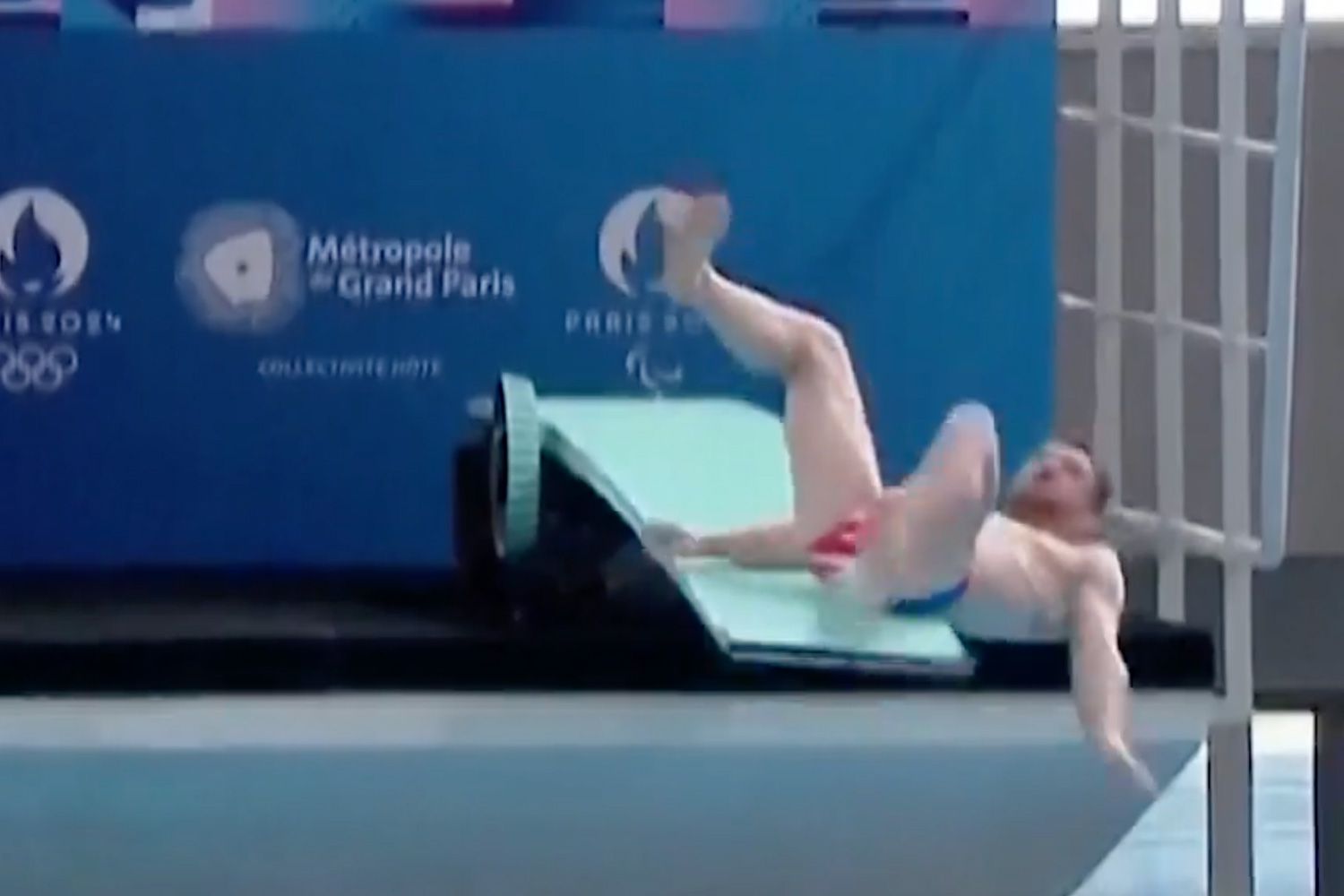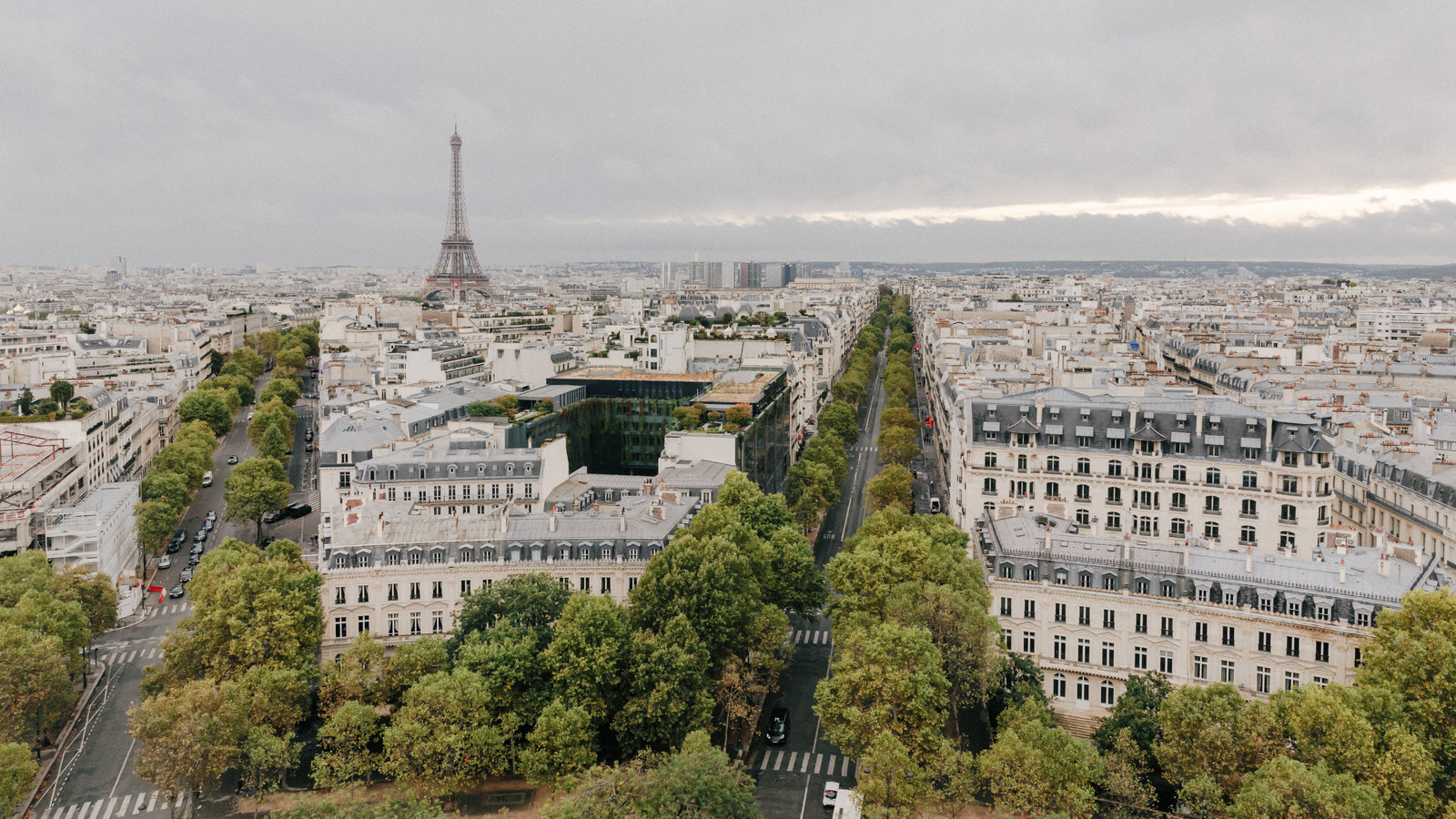 Courtesy of Paris Olympics
Courtesy of Paris Olympics
The Summer Olympics are all set to begin in Paris this Summer, returning for the 100th anniversary of the
1924 Olympics, to local outrage and international excitement. This global event has already made significant
changes to the urban landscape of Paris, impacting everything from the structural infrastructure of the city
itself, including metro lines, and local architecture, to bracing for mass tourism, and raising prices at
regular establishments, much to the ire of all locals. Can you tell we're not all on board? C'est la France.
Here's a short but comprehensive look at how Paris will be affect by the 2024 Summer Olympics!
1. Infrastructure Developments and Displacements
 Courtesy of The Guardian
Courtesy of The Guardian
Obviously, the main source of infrastructural development, apart from evicting students from their dorms to
make room for athletes and tourists, has been the renovation and construction of multiple new stadiums and
sports arenas. Some new constructions include the renovated Stade de France as a centerpiece for the games
themselves, in addition to the brand-spanking-new Aquatics Centre inaugurated by that French diver who, in a
spectacular fail, slipped and landed on the diving board resulting in a viral meme as an allegory of the
Olympics themselves. Several other new sites that have not yet fallen prey to memeification, include a
temporary arena at the Champ de Mars and at Versailles. Existing venues such as Roland Garros and the Parc
des Princes have undergone significant upgrades to meet Olympic standards and accommodate the athletes and
spectators.
The metro itself is also experiencing a well-deserved and much-needed glow-up with the Grand Paris Express
project which includes new lines and extensions through the suburbs - a big win for us banlieusards - such
as the line 15 which will connect us post-péripherique plebeians to the city center. Many major stations
such as Auber, and perhaps most notoriously Châtelet-les-Halles will also experience renovations and
capacity expansion to handle increased passenger populations… Whether these 'renovations' will actually be
completed is another story, and I for one, am certainly not holding my breath especially where Les Halles is
concerned. As an RER A regular, it's been approximately 0 days since my last sighting of Ratatouille's
cousin from Chernobyl in the piss-soaked halls of Les Halles.
Scatalogical spaces aside, the city will also be experiencing major sustainable developments, including the
expansion of eco-friendly practices such as the development of green spaces and energy-efficient buildings
to combat the heat and energy overconsumption. Similarly, public spaces will be, to put it politely,
'overhauled' in areas around the Seine, at Trocadéro, and the Champs-Élysées, all of which will be
revitalized to host events and fan zones, allegedly improving aesthetics and functionality, but I'll believe
it when I see it.
2. Economic Impact
The most visited city in the world is expected to face another 10 million visitors thus skyrocketing tourism
revenue. However, any financial gains are easily offset by significant losses as the tourists are only
short-term, so all jobs and revenue created are going to be one-offs that are ultimately economically
unsustainable. If you’re planning on visiting Paris in the near future, book your tickets for the off
season, particularly in the fall when the crowds have generally dissipated and you can explore the real
Paris and local establishments unencumbered by the bureaucracy of the Olympics.
3. Cultural and Social Impact
As a city on the global stage, Paris needs no introduction but boy does she love the spotlight. Paris will
be given a chance to strut her stuff, showcasing its cultural heritage, art, and lifestyle (this last point
is massively debatable because the French government is actively encouraging all Parisians to leave the city
to make way for the tourists…) and promote Paris as a modernized icon of past and present. On a local scale,
the games are trying to involve local communities through volunteering opportunities and cultural events,
fostering a sense of pride and participation. These local developments will also include legacy projects
such as initiatives for sports programs for youth and disadvantaged communities.
4. Environmental Considerations
 Courtesy of the New York Times
Courtesy of the New York Times
The Olympic games will inaugurate a new era of sustainable initiatives in Paris such as an emphasis on
sustainable building practices, aiming to minimize carbon footprints and enhanced public transportation thus
bringing Paris closer to its goal of becoming a car-free city. The 2024 Paris Olympics also aim to be the
first carbon-neutral games with measures including renewable energy usage and better, comprehensive
recycling programs. Initiatives such as reducing single-use plastics and promoting local food sourcing will
set new standards for environmentally conscious event management.
5. Challenges and Concerns
Apart from displacing homeless people, students, soaring costs of living, stagnant wages, and encouraging
locals to vacate the city, there are other concerns about the Olympics, such as potential cost overruns in
construction and operational expenses, which will strain public finances. A crucial aspect of public finance
must be an allocation to the actual citizens, ensuring that investments benefit all Parisians and not only
tourists. Moreover, there are security risks, as the Olympics will necessitate heightened security measures,
including surveillance and police presence, to ensure the safety of participants, locals, and visitors.
In conclusion, the Paris 2024 Summer Olympics will invariably be a transformative event for the city, for
better and perhaps for worse, depending on how you look at it. While the Games present exciting
opportunities such as infrastructural developments, economic growth, and cultural enrichment; nonetheless,
they also pose significant challenges for local Parisians, displaced people, students, and the authenticity
of the city. By balancing the immediate demands of the Olympics with long-term urban planning and
sustainability, Paris can set a new standard for hosting global events in the 21st century. And if it
doesn’t well then I’ll see you all on June 23rd for the unmissable flash mob event of the year
#jechiedanslaseine.